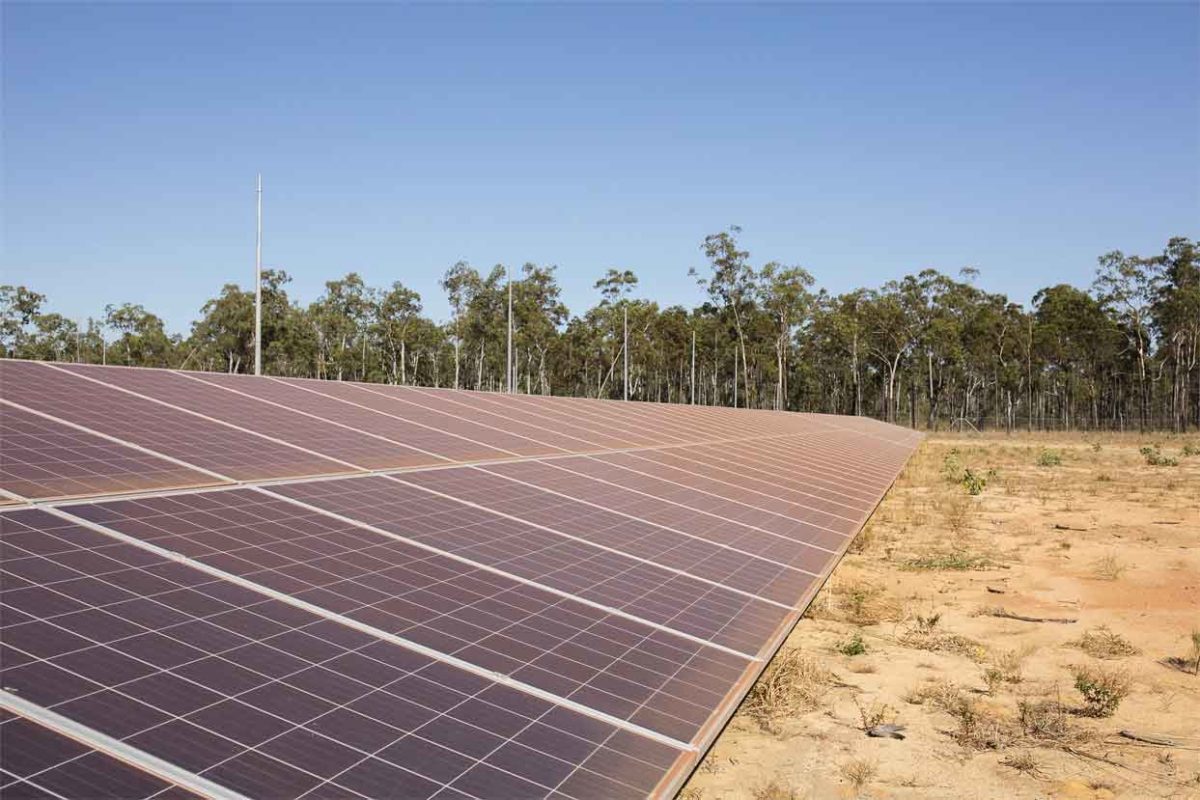The Northern Territory’s Labor government has announced further steps towards its election commitment of 50% renewables by 2030, including the approval of the state’s largest renewable energy generator.
The 25 MW solar PV plant to be developed near Katherine has secured a long-term offtake deal with state-owned utility Jacana Energy.
The $40 million proposed by Australian developer Epuron and U.K. firm Island Green Power is slated to break ground in the coming months and create over 100 jobs during construction, the government said in a statement.
“This agreement between Katherine Solar and Jacana will increase renewable energy use in the Territory by between 3 and 4%. It’s a huge step towards our renewable energy target and will put downward pressure on electricity prices,“ said Dale Wakefield, NT Minister for Renewables and Essential Services.
For Epuron, which already owns and operates solar power stations in the NT at Alice Springs, Yulara, Kalkarindji, Ti Tree and Lake Nash / Alpurrurulam, this will be the first project in the Darwin – Katherine electricity system.
The project announcements came alongside further reforms the government plans to introduce towards delivering lower cost and reliable power.
These reforms include the establishment of a competitive wholesale electricity market consistent with recommendations made by an independent panel in the Roadmap to Renewables report. The market which is to be called the Northern Territory Electricity Market (NTEM) is expected to be up and running within 12 months.
According to the government, this will ensure the growing interest in renewable energy can be facilitated in the Darwin-Katherine power network in a way which will deliver lower cost generation and reliable power to Territorians.
In addition, the NT government is planning to begin consultation shortly on a review of supply and feed-in tariffs to encourage behind the meter energy storage for those with rooftop solar PV systems and stimulate greater take-up of energy efficient technologies.
This was also one of the recommendations made by the renewables panel to increase system reliability and enable Territorians to reduce their electricity costs during the most expensive times of the day.
The Roadmap to Renewables report, commissioned by the government in 2016, is expected to help deliver some 450 MW of mostly solar capacity in the territory over the next decade.
This content is protected by copyright and may not be reused. If you want to cooperate with us and would like to reuse some of our content, please contact: editors@pv-magazine.com.









By submitting this form you agree to pv magazine using your data for the purposes of publishing your comment.
Your personal data will only be disclosed or otherwise transmitted to third parties for the purposes of spam filtering or if this is necessary for technical maintenance of the website. Any other transfer to third parties will not take place unless this is justified on the basis of applicable data protection regulations or if pv magazine is legally obliged to do so.
You may revoke this consent at any time with effect for the future, in which case your personal data will be deleted immediately. Otherwise, your data will be deleted if pv magazine has processed your request or the purpose of data storage is fulfilled.
Further information on data privacy can be found in our Data Protection Policy.